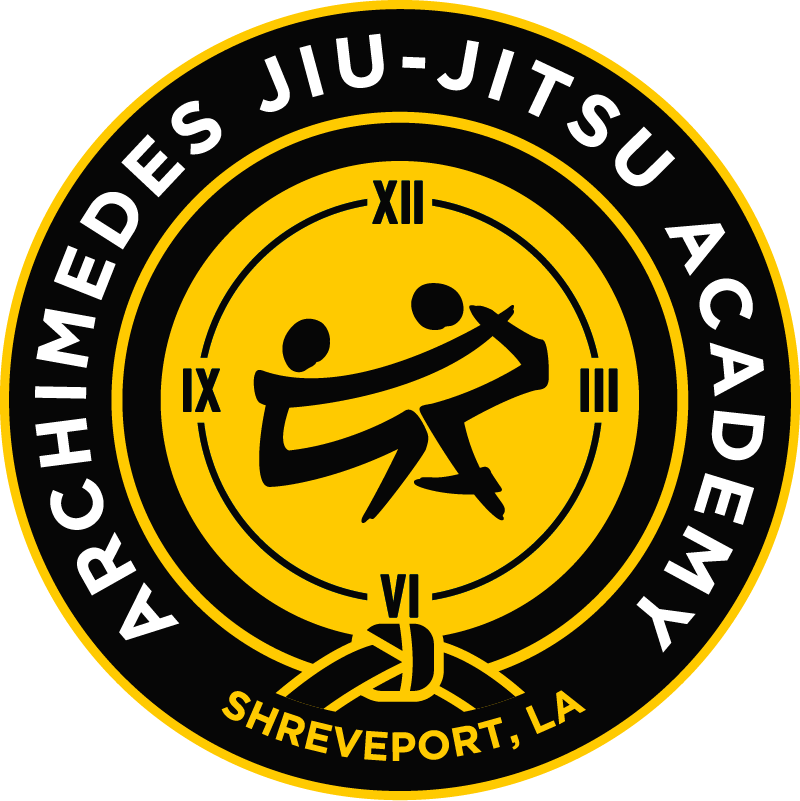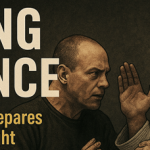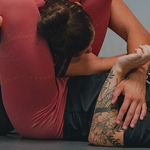In recent years, Brazilian Jiu-Jitsu (BJJ) has gained immense popularity among law enforcement agencies as a preferred martial art for officer training. While other martial arts like boxing, karate, or judo are also valuable, BJJ stands out for several reasons. In this blog post, we’ll explore why police officers are increasingly turning to BJJ for their training needs and how it benefits both the officers and the communities they serve.
1. Effective Control and Restraint Techniques
One of the primary reasons police officers train in Brazilian Jiu-Jitsu is its focus on control and restraint techniques. BJJ teaches officers how to subdue and immobilize suspects without causing excessive harm. This is especially important in situations where the use of force must be minimized to protect not only the suspect but also the officers themselves.
2. Adaptability and Versatility
BJJ’s adaptability and versatility make it an ideal choice for police training. It equips officers with the skills to handle various situations, whether they involve standing or ground control, armed or unarmed suspects, or multiple assailants. BJJ techniques can be modified to suit the specific needs of a situation, providing officers with a range of options when faced with unpredictable scenarios.
3. Minimal Reliance on Striking
While other martial arts like boxing or Muay Thai primarily focus on striking techniques, BJJ emphasizes grappling, joint locks, and submissions. This minimizes the risk of causing unnecessary injury to suspects or officers during an arrest. It’s important for police officers to have an alternative to striking, which can escalate situations and lead to more severe consequences.
4. Physical Fitness and Conditioning
BJJ training also improves an officer’s physical fitness and conditioning. It helps them build strength, flexibility, and endurance, which are essential for the demanding physical aspects of police work. A strong and agile officer is better equipped to handle a wide range of situations effectively.
5. Stress Management and Decision-Making
BJJ training involves sparring and rolling, which simulate high-stress situations. This allows officers to practice decision-making under pressure, which is crucial in the field. By experiencing stress during training, officers can better manage their adrenaline and emotions when confronting real-life, high-intensity situations.
6. Community Engagement
BJJ training fosters positive community engagement. Many police departments offer BJJ classes to the public, which can help improve relations between officers and the community. It’s an opportunity for officers to connect with residents in a non-confrontational setting, promoting trust and understanding.
7. Ethical Principles and Professionalism
BJJ places a strong emphasis on respect, discipline, and humility—values that align with the ethical principles expected of law enforcement officers. Training in BJJ helps officers maintain professionalism and treat individuals they encounter on the job with dignity, regardless of the circumstances.
So while Brazilian Jiu-Jitsu is not the only martial art suitable for police training, its focus on control, adaptability, and ethical principles makes it a compelling choice for many law enforcement agencies. BJJ equips officers with the skills necessary to handle a wide range of situations while minimizing harm to suspects and officers themselves. As police departments continue to evolve their training methods, it’s clear that BJJ will remain an important tool in the arsenal of law enforcement professionals committed to serving and protecting their communities.






